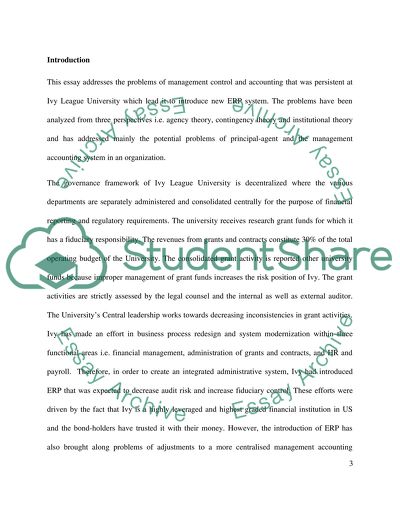Cite this document
(“Organisational Context of Management Accounting Essay”, n.d.)
Retrieved from https://studentshare.org/finance-accounting/1395859-organisational-context-of-management-accounting
Retrieved from https://studentshare.org/finance-accounting/1395859-organisational-context-of-management-accounting
(Organisational Context of Management Accounting Essay)
https://studentshare.org/finance-accounting/1395859-organisational-context-of-management-accounting.
https://studentshare.org/finance-accounting/1395859-organisational-context-of-management-accounting.
“Organisational Context of Management Accounting Essay”, n.d. https://studentshare.org/finance-accounting/1395859-organisational-context-of-management-accounting.


